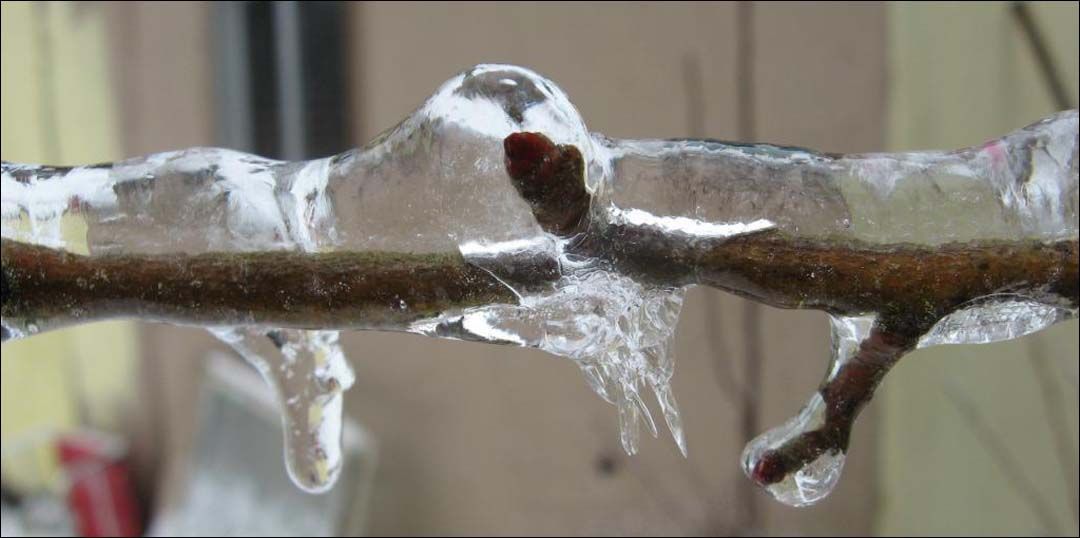One of the things I've always been good from childhood was visualizing what a collection of parts would look like when they were assembles into the finished project. This skill was polished by a high school course in blueprint reading and drawing. I even have a sturdy blueprint table and the tools in my basement shop now. Its a good solid table, wide and flat, capable of being set at various angles to make it easier to draw on, though now I mostly use as a work bench for hand crafting projects. This was before computer programs like Autocad came on the scene and made it easy.
.jpg)
Now that developed skill helps me in physical projects like my on going basement storage addition. I can sit for a few minutes and look over an area I'm going to modify, and mentally go step by step into the construction. I can usually catch problems before I hit them, by mentally building the components. This inner visualization also helps with many other day to day tasks. I rarely use my cell phone's GPS and map apps, instead preferring to navigate around St Louis with a set of physical street maps and a mental compass of which way is North. It also helps me remember where I place things (more on that later).
This ability is sometimes called "spatial intelligence" and is defined as “the ability to mentally manipulate objects in space and to imagine them in different locations and positions". It is considered one of the eight types of intelligence categories in Dr. Howard Gardner’s multiple-intelligences theory. The other seven are linguistic, musical, bodily-kinesthetic, logical-mathematical, naturalist, intrapersonal, and interpersonal.
We all know people who seem to excel at one or more of these categories. You may excel yourself in one of them yourself. Unfortunately it's become accepted "fact" that doing so is rare and something only a few have, when such a view is so wrong and narrow. Look back at in historic times before modern communication shrunk the World and is was quite common for travelers, explorers or trader to speak several languages, even a dozen fluently. The term "Renaissance man" literally arose in the time after the Dark Age, and meant a person who was proficient in a wide range of skills. As a Green Wizard, embrace your potential to be more.
Let's take some time and talk about how YOU can develop this skill.


.jpg)

.jpg)
.jpg)
.jpg)
.jpg)

.jpg)